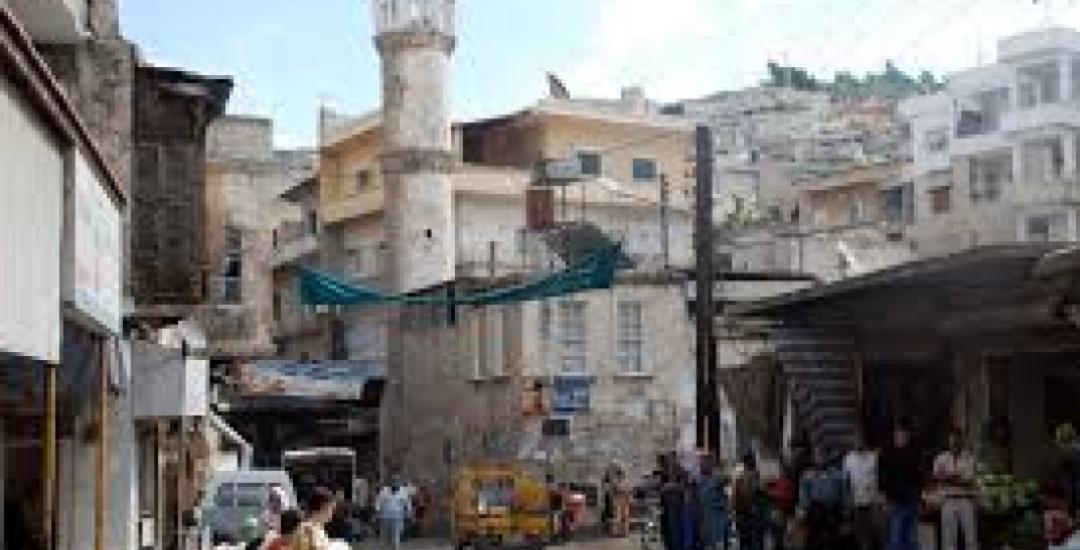
On 5 March 2015, Alkarama and Human Rights Guardians sent a communication to the United Nations Working Group on Enforced Disappearances (WGEID) regarding the case of Abdel Muti Ibrahim, a Syrian citizen disappeared since his arrest by members of the Syrian army in Salqin, on the northwest border with Turkey, in July 2012. This adds to the long list of cases of enforced disappearance that Alkarama and Human Rights Guardians have documented during the four-year-long conflict in Syria.
On 15 July 2012, Abdel, a 28-year-old political activist was arrested at a checkpoint in Salqin – in the Idlib governorate, on the northwest border with Turkey – by members of the Syrian Army wearing military uniforms who did not provide any arrest warrant. Witnesses reported that he was then brought to Branch 271 of the Military Security in Idlib, which is under the command of Brigadier General Nawfel Al Hussein, notorious for his cruelty towards prisoners.
Worried about his fate, Abdel's mother addressed the Military Security Branch where she had been told by the military authorities that her son was detained, but she was not allowed to see him. The prison authorities also refused to give her any further information on her son's fate in the future. Ibrahim's fate and whereabouts remain concealed to date.
In light of this information, Alkarama sent a communication to the WGEID to call upon the Syrian authorities to release Abdel Muti Ibrahim or at least to put him under the protection of the law by disclosing his current location and allowing his family to visit him. An investigation into his disappearance should also be opened, so that those responsible are prosecuted. The Syrian authorities must ensure all appropriate measures to abolish the systematic practice of enforced disappearance in the country, including codifying enforced disappearances as an autonomous offense under Iraqi criminal law, establishing sanctions proportionate to the seriousness of the offense, closing all secret detention facilities or putting them under the control of the justice system and the protection of the law, ensuring that every place of detention has a registry in order to avoid secret detention and providing a legal venue for victims' redress.
For more information or an interview, please contact the media team at media@alkarama.org (Dir: +41 22 734 1007 Ext: 810)
